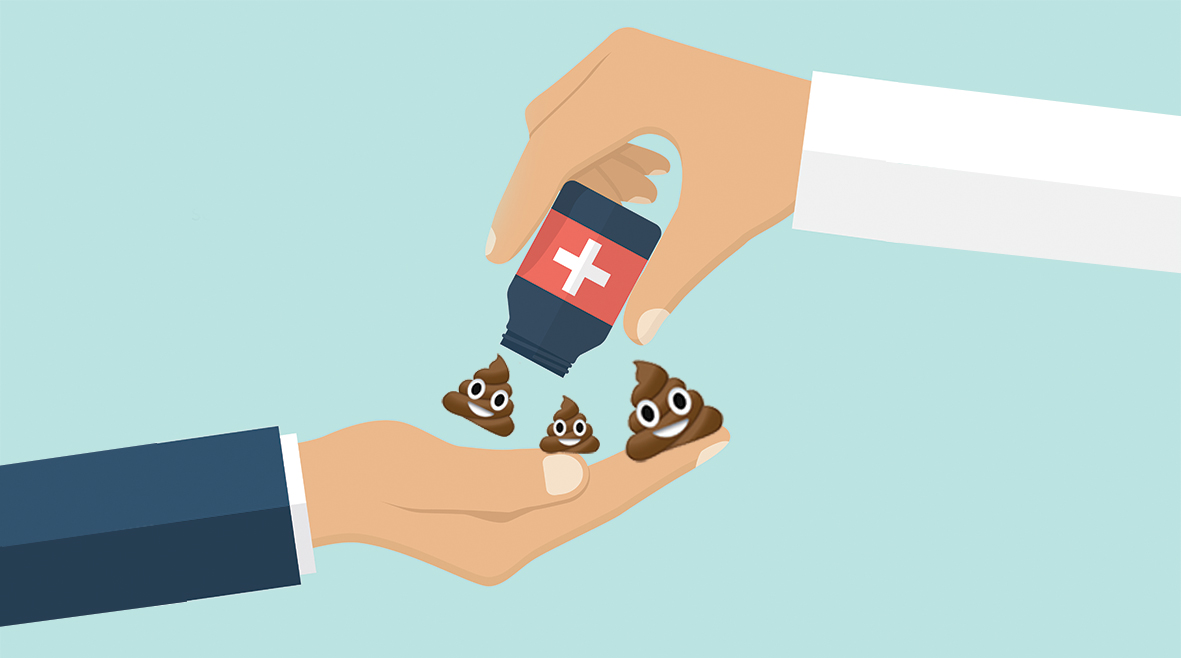 Virus Appreciation Day, celebrated annually on 3 October, serves a dual purpose: to foster respect and understanding for viruses while raising awareness about their serious impacts on health. To mark the day, Professor John Tregoning from Imperial’s Department of Infectious Disease shares valuable insights into influenza viruses, highlighting their effects, the importance of vaccination, and ongoing research for universal vaccines against evolving strains in our latest blog.
Virus Appreciation Day, celebrated annually on 3 October, serves a dual purpose: to foster respect and understanding for viruses while raising awareness about their serious impacts on health. To mark the day, Professor John Tregoning from Imperial’s Department of Infectious Disease shares valuable insights into influenza viruses, highlighting their effects, the importance of vaccination, and ongoing research for universal vaccines against evolving strains in our latest blog.
Viruses have an enormous impact on human health, but they don’t only infect humans. Many viruses also infect animals, plants and even bacteria. Some viruses are quite promiscuous, infecting a wide range of animal species before passing on to humans through a process known as zoonotic transmission. One of the most problematic of these zoonotic infections is influenza virus.
The main natural reservoir of influenza virus is wild birds, particularly ducks and geese. The virus can then transmit from these birds into domestic poultry, like chickens, and to livestock, such as pigs, before ultimately reaching people. In the past five years, a new strain of avian influenza has emerged with an ability to infect an even wider range of mammalian species. It has been detected in cattle in the US.
Influenza, the disease caused by the virus, poses a substantial health burden. It resulted in nearly 15,000 deaths in the UK in the 2022-23 winter season. As well as death, it is a significant cause of hospitalisation and general illness – with a long tail of recovery. Additionally, influenza infection doubles the risk of heart attacks and strokes for up to a year after illness. Given these risks, getting an influenza vaccine this time of year is highly recommended. As I discovered researching my latest book Live Forever one of the simplest ways of extending your life is through vaccination. A vaccine will give you protection against the most severe forms of disease caused by the virus and protect you against subsequent illness.Vaccines train your body to recognise pathogens and fight them off. To do this, they make use of a facet of immunity called immune memory. When re-exposed to the same virus, your immune response activates faster and stronger, stopping the infection in its tracks. Several aspects of immune memory can prevent subsequent infections, but an important one are antibodies – this is a type of protein that is highly specific in what it can recognise and bind. When you are immunised with influenza vaccine, you make influenza virus specific antibodies that can stop the virus from infecting you.
